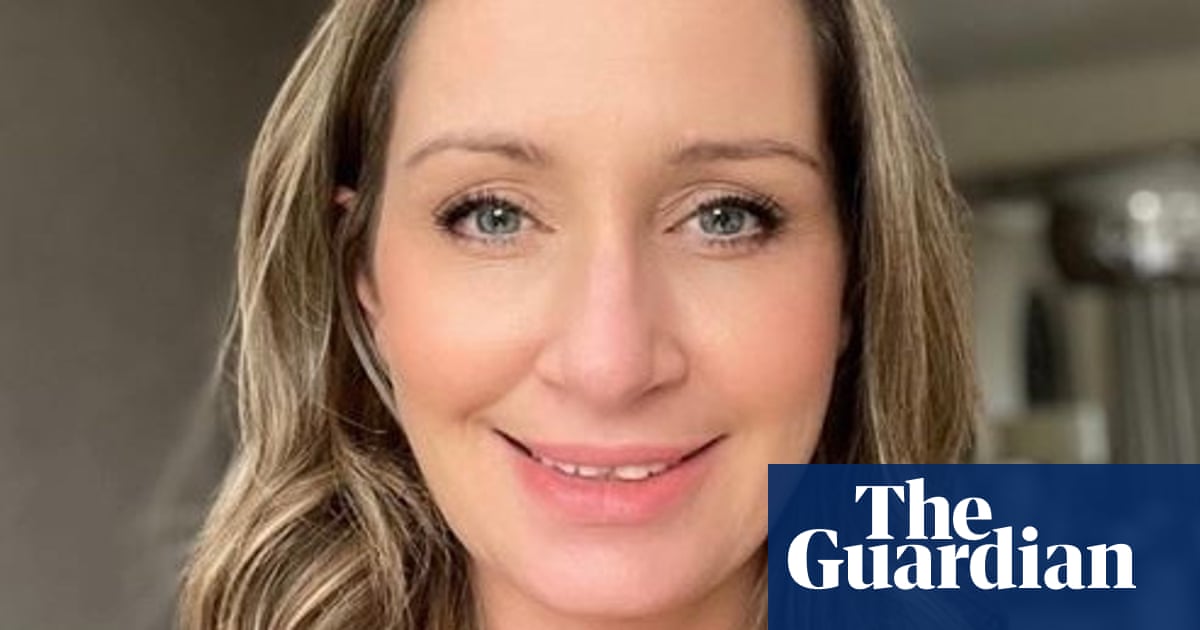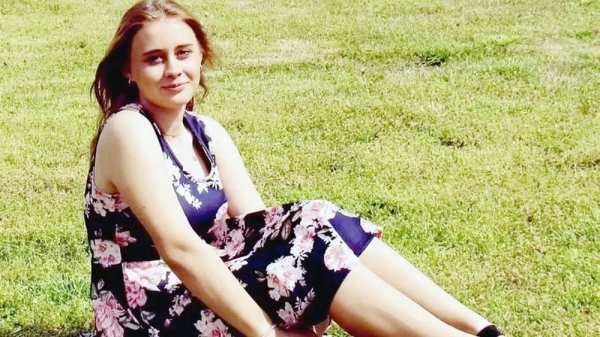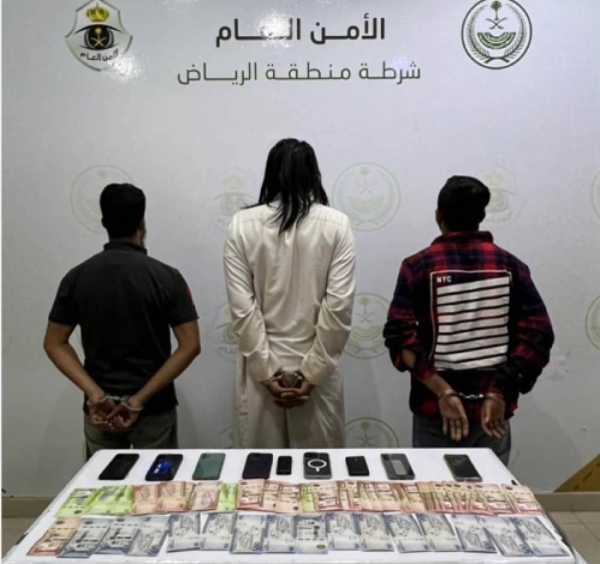
Nearly a year after three young boys vanished near their homes in Rio de Janeiro’s rundown northern sprawl, police have accused members of the city’s largest drug faction of murdering the children in reprisal for stealing an ornamental bird.
The boys – aged nine, 11 and 12 – disappeared on the afternoon of 27 December 2020 after leaving their homes in the Morro do Castelar favela to play. They were last seen in eerie security footage showing them walking towards a local street market.
What became of those children – Lucas, Alexandre and Fernando – has remained a mystery despite a nationwide outcry and a major police investigation. On Thursday, however, investigators claimed they had finally cracked the case, having discovered that the boys had been abducted by members of the Red Command (CV) faction that controlled their community.
The homicide chief Uriel Alcântara said the children had been tortured and subjected to a vicious punishment beating, in which one of them had died, for allegedly stealing a bird belonging to the uncle of a local gangster. “They beat up the children, went over the top and ended up killing one of them – and so they decide the solution is to execute the other two,” Alcântara alleged.
The murders have exposed the senseless violence that plagues Rio’s low-income favelas, over which authorities have largely relinquished control to the increasingly well-armed gunmen employed by drug factions or paramilitary gangs.
Police claim one local trafficker, Ana Paula da Rosa Costa or “Auntie Paula”, had arranged for the children’s corpses to be smuggled out of the favela, dismembered and thrown in a river. The bodies have yet to be found.
During the investigation, one witness reportedly claimed he had heard one of Castelar’s drug bosses, Wille Castro da Silva, admit: “We got the kids and we killed them.”
Silva, 35, a gangster known by the alias “Stala”, was one of five murder suspects police had arrest warrants for when they raided the favela before dawn on Thursday. But at least three of those five are already thought to be dead, having been executed on the orders of senior CV leaders for their role in murders that violated the group’s strict internal code and drew unwanted attention to its criminal operations.
Auntie Paula, 44, who sold synthetic drugs such as ecstasy in the favela, was reportedly tortured and killed in early October after being summoned to the CV’s headquarters in the Complexo da Penha favela network.
Days later another trafficker and murder suspect, known by the nickname “Piranha”, was also reportedly sentenced to death by CV chiefs for failing to prevent the killings. Stala, who allegedly oversaw the beating and torture of the children after his uncle’s bird was taken, is also believed to have been killed.
Flávia Oliveira, a prominent political and social commentator, told the GloboNews TV network that the killings, and their brutal aftermath, revealed “a society that has succumbed to barbarism”.
“This is a society that has trivialised death and has trivialised the lives of its children,” Oliveira said, urging Rio’s governor, Brazil’s president and all Brazilians to apologise to the victims’ families.
“These three boys … also died as a result of exclusion, a lack of assistance, indifference, and because of the initial delay in investigating. They died because of misery, poverty and the lack of security,” she said.
The leftist politician and human rights activist Marcelo Freixo called for the perpetrators to be punished and for the killing to end. “Rio cannot continue to be held hostage to the violence of crime.”
Yet there is little sign of the city’s decades-long drug conflict coming to an end. A police “pacification” project designed to regain control of the favelas before Brazil’s 2014 World Cup and 2016 Olympics has largely disintegrated. At least 4,386 gunfights have been reported in Rio this year alone, according to the violence monitoring group Fogo Cruzado. More than 1,000 people have died.
In a wretched demonstration of the seemingly unbreakable cycle of violence, it was reported in October that the father of one of the missing boys had been arrested with a gun after signing up to a local gang in the hope of tracking down his son’s killers.
“He said he had joined the faction so he could find the murderer and avenge the death of his son,” the police chief José Mário Salomão told reporters at the time.











